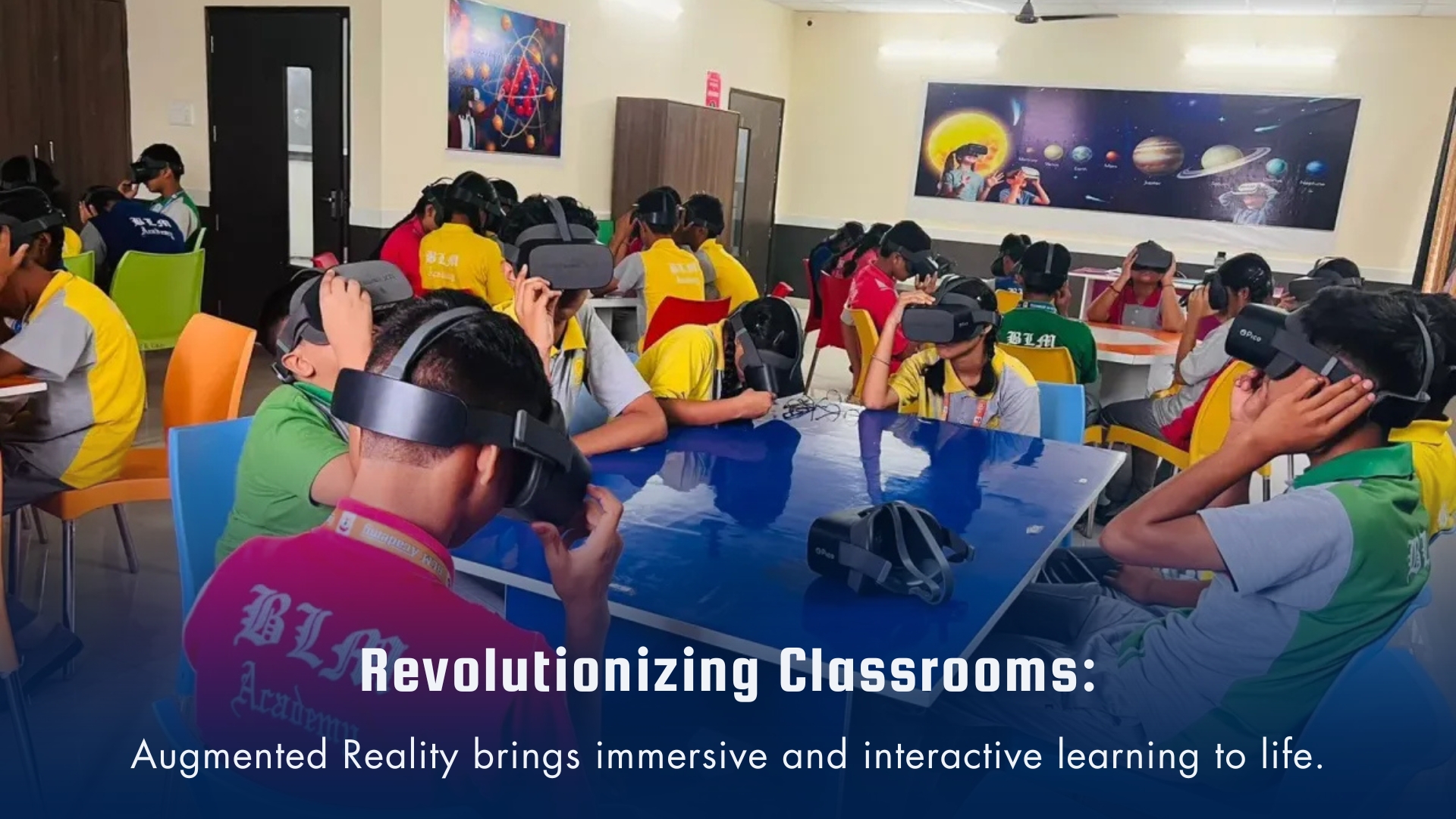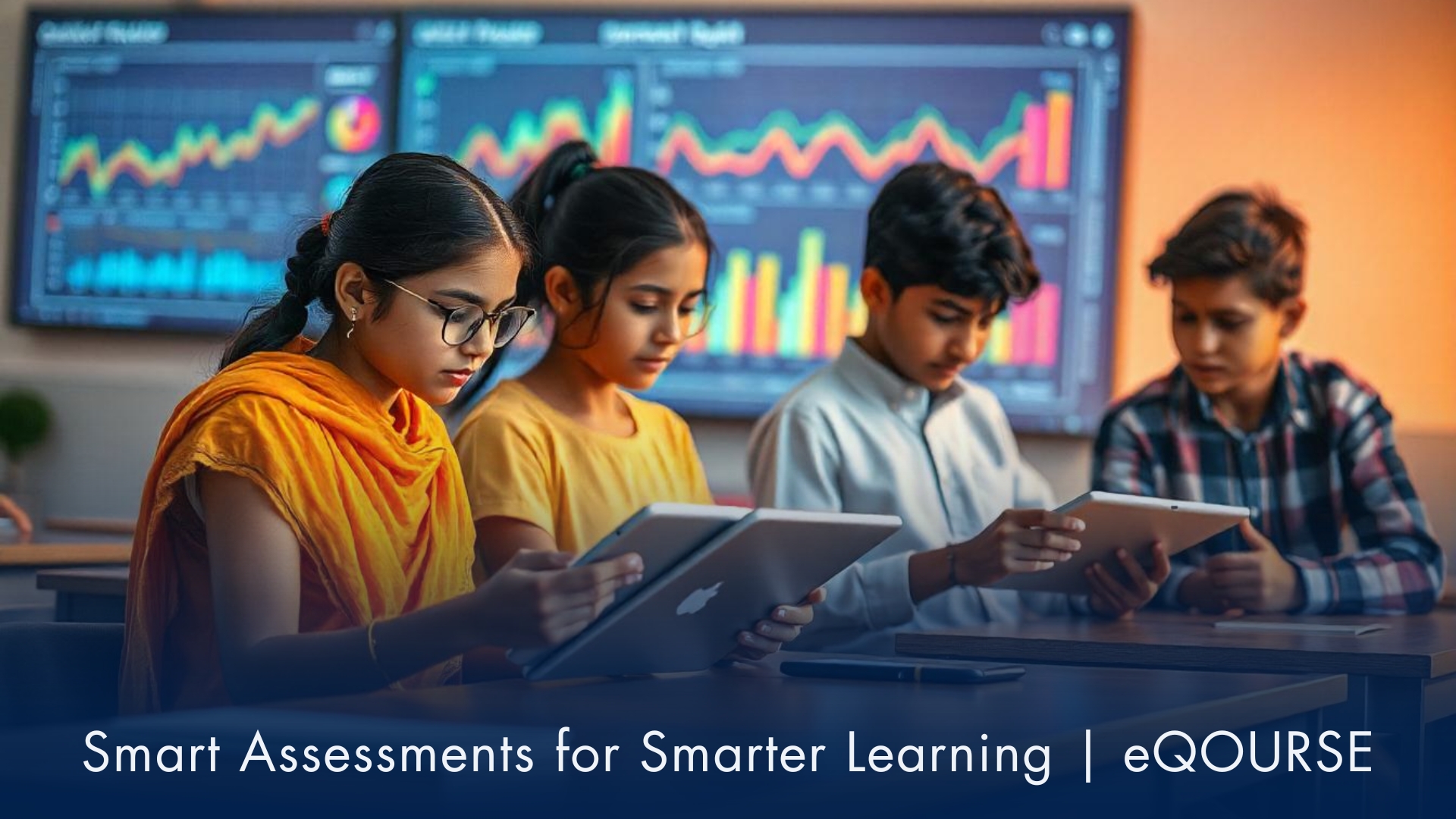How Large Language Models Are Shaping the Future of Learning
In the rapidly evolving landscape of education, technology continues to play a transformative role. Among the most groundbreaking advancements is the rise of Large Language Models (LLMs) like GPT and BERT. These AI-driven technologies are not just reshaping how educators teach but also how students learn. By enabling personalized learning experiences, facilitating dynamic content creation, and powering adaptive assessment tools, LLMs are becoming integral to the future of education.
Understanding Large Language Models in Education
Large Language Models (LLMs) are advanced AI tools designed to understand and create human-like text. These models, like GPT (Generative Pre-trained Transformer) and BERT (Bidirectional Encoder Representations from Transformers), can perform a variety of tasks, such as answering questions, summarizing information, or even helping with personalized learning.
In education, LLMs are making a big difference. They help automate routine tasks, understand student needs better, and create customized lessons or study materials. For example, they can analyze how students learn and suggest improvements to make learning easier.
At eQOURSE, we use the power of LLMs to create smarter learning systems. Our solutions include:
- Personalized Learning: Tailored content to match each student's learning style.
- Automation: Simplifying tasks like grading and feedback.
- Improved User Experience: Making learning platforms interactive and engaging.
Applications of LLMs in Learning
1. Personalized Learning with AI
One of the standout applications of LLMs is their ability to provide personalized learning experiences. By analyzing a learner's progress, preferences, and challenges, LLMs can recommend tailored content that aligns with individual learning styles.
For instance:
- A student struggling with algebra can receive additional practice problems and step-by-step guidance.
- Visual learners can be directed toward multimedia resources that simplify complex concepts.
These tools foster deeper engagement, ensuring students progress at their own pace.
2. AI for Content Creation
Creating high-quality educational content is time-intensive. LLMs streamline this process by:
- Generating lesson plans and study guides.
- Creating adaptive quizzes that adjust in difficulty based on the learner's performance.
- Translating complex ideas into simpler formats for younger audiences.
For example, an AI-powered system can generate bite-sized explanations for difficult science topics, making them more accessible to students.
3. Adaptive Learning Technologies
LLMs enhance adaptive learning technologies, allowing platforms to adjust the course structure dynamically. By leveraging real-time feedback, LLMs ensure that learning modules cater to individual student needs, making education more inclusive.
4. AI-Driven Assessments
Assessment is another domain where LLMs are making a significant impact. They can:
- Analyze open-ended responses for clarity and accuracy.
- Provide constructive feedback, helping students identify areas of improvement.
- Detect patterns in errors to design remedial programs.
For educators, this means less time spent grading and more time focusing on improving teaching methods.
5. AI-Enhanced Student Engagement
Engagement remains a cornerstone of effective education. LLMs can facilitate this by creating interactive learning environments, such as:
- Virtual tutors available 24/7 to answer student queries.
- Chatbots that simulate real-world problem-solving scenarios.
- Gamified learning experiences driven by AI insights.
These features encourage active participation and reduce dropout rates.
The Future of EdTech: Opportunities and Challenges
Opportunities
LLMs have immense potential to:
- Democratize access to quality education across geographic and economic barriers.
- Enable lifelong learning for professionals by offering flexible, self-paced modules.
- Support educators by automating repetitive tasks and freeing up time for personalized interaction.
Challenges
While promising, integrating LLMs in education is not without challenges:
- Ensuring data privacy and security is crucial when deploying AI in learning systems.
- Preventing biases in AI algorithms to ensure fairness and inclusivity.
- Maintaining a balance between human touch and AI automation to retain the essence of teaching.
Solutions like eQOURSE's white-label LMS help address these challenges by providing customizable, secure, and scalable learning platforms.
Real-World Examples of LLMs in Education
Several education platforms are already leveraging LLMs:
- Personalized Tutoring: AI tutors powered by GPT provide instant answers and explanations, offering students around-the-clock support.
- Content Recommendations: Platforms like Khan Academy use AI to suggest lessons tailored to a student’s current level and goals.
- Language Learning: Apps such as Duolingo employ LLMs to create personalized exercises that adapt based on user performance.
These applications illustrate how AI-powered learning tools are no longer theoretical but an active part of classrooms worldwide.
Learn How Educators Can Leverage LLMs?
Educators and edtech platforms can harness the power of LLMs by:
- Integrating AI-driven tools to provide differentiated instruction.
- Using LLMs for automated content creation to keep curriculum updated.
- Employing AI insights to track student progress and refine teaching strategies.
These applications illustrate how AI-powered learning tools are no longer theoretical but an active part of classrooms worldwide. Edtech companies, including eQOURSE, are at the forefront of this transformation by integrating these technologies into their solutions.
Conclusion
The integration of Large Language Models in education represents a paradigm shift in how we approach learning. By powering personalized learning experiences, streamlining content creation, and enhancing student engagement, LLMs like GPT and BERT are unlocking new possibilities for educators and learners alike.
As we look to the future, the role of AI in learning will only grow. Edtech platforms like eQOURSE provide the bridge for institutions to leverage these transformative technologies, ensuring inclusive, adaptive, and impactful learning environments.
To dive deeper into the latest advancements in EdTech, read more blogs on our platform. If you're looking for LMS solutions tailored to your needs, reach out to eQOURSE today!




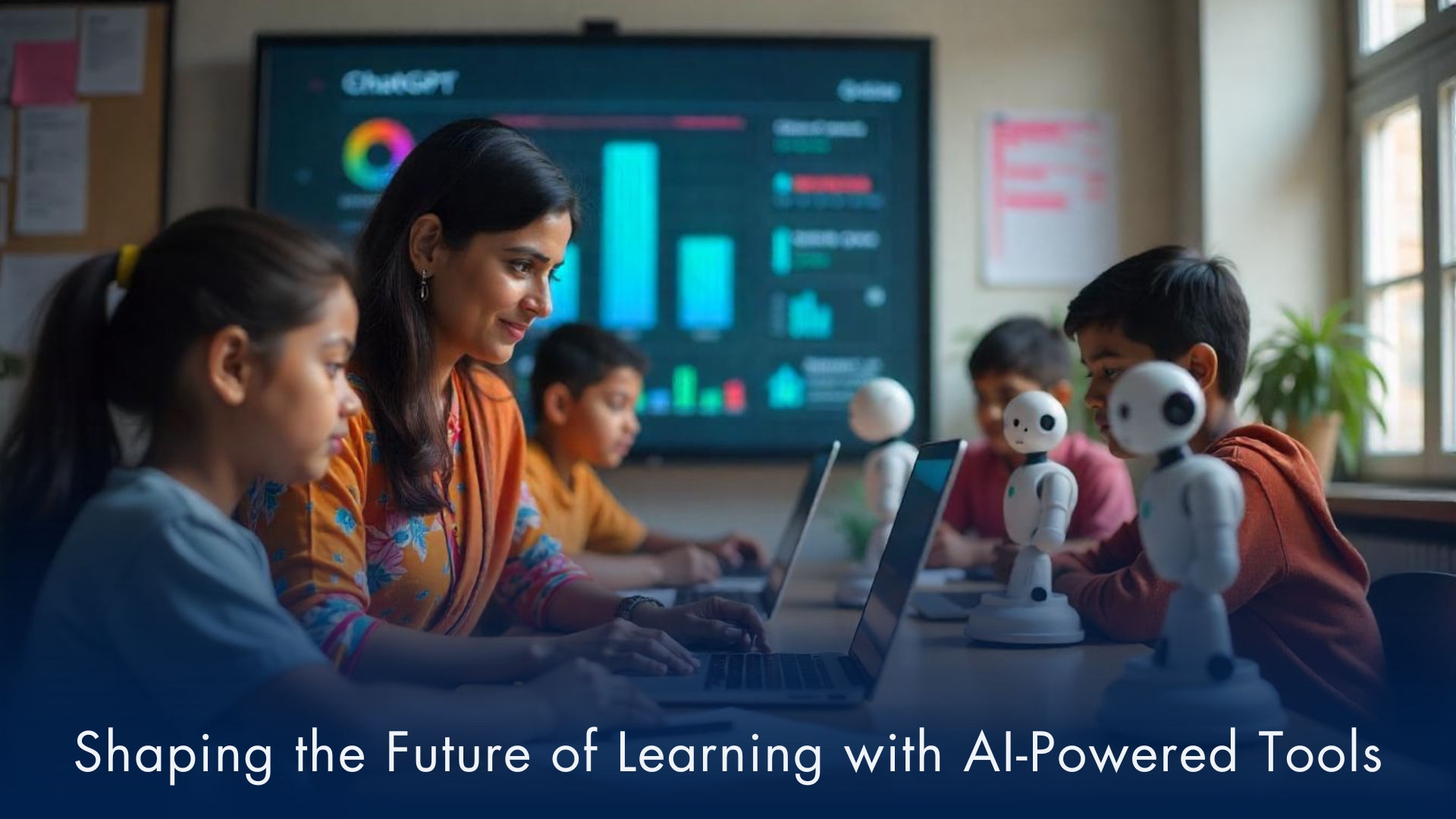
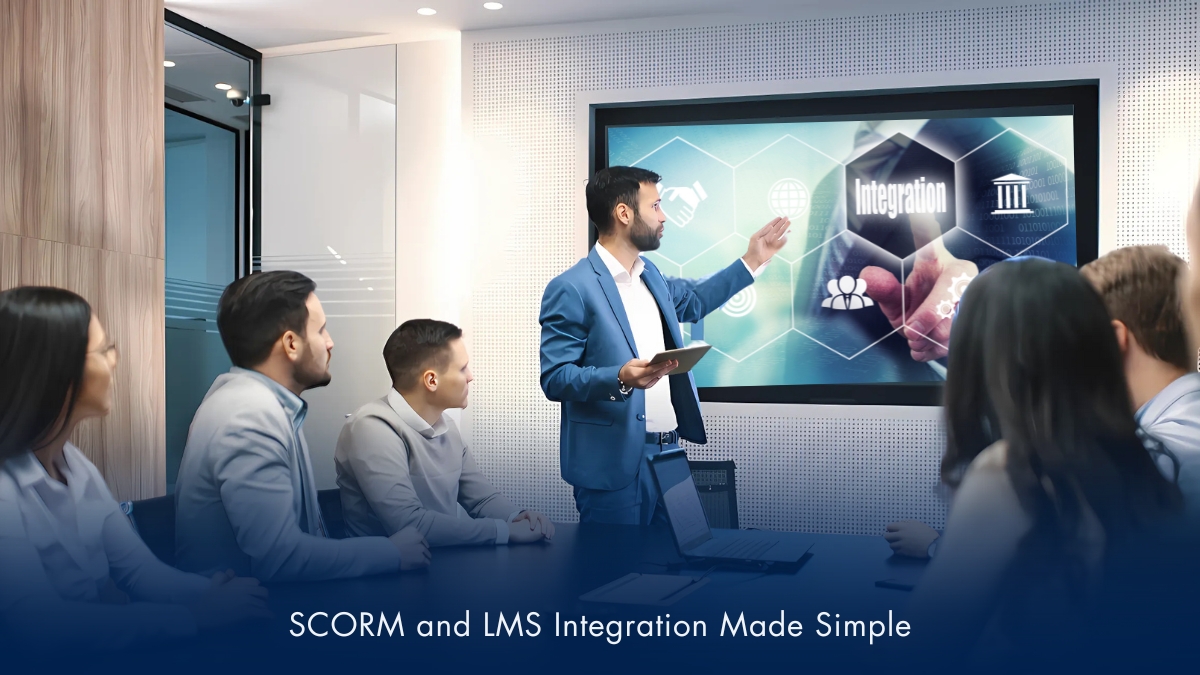

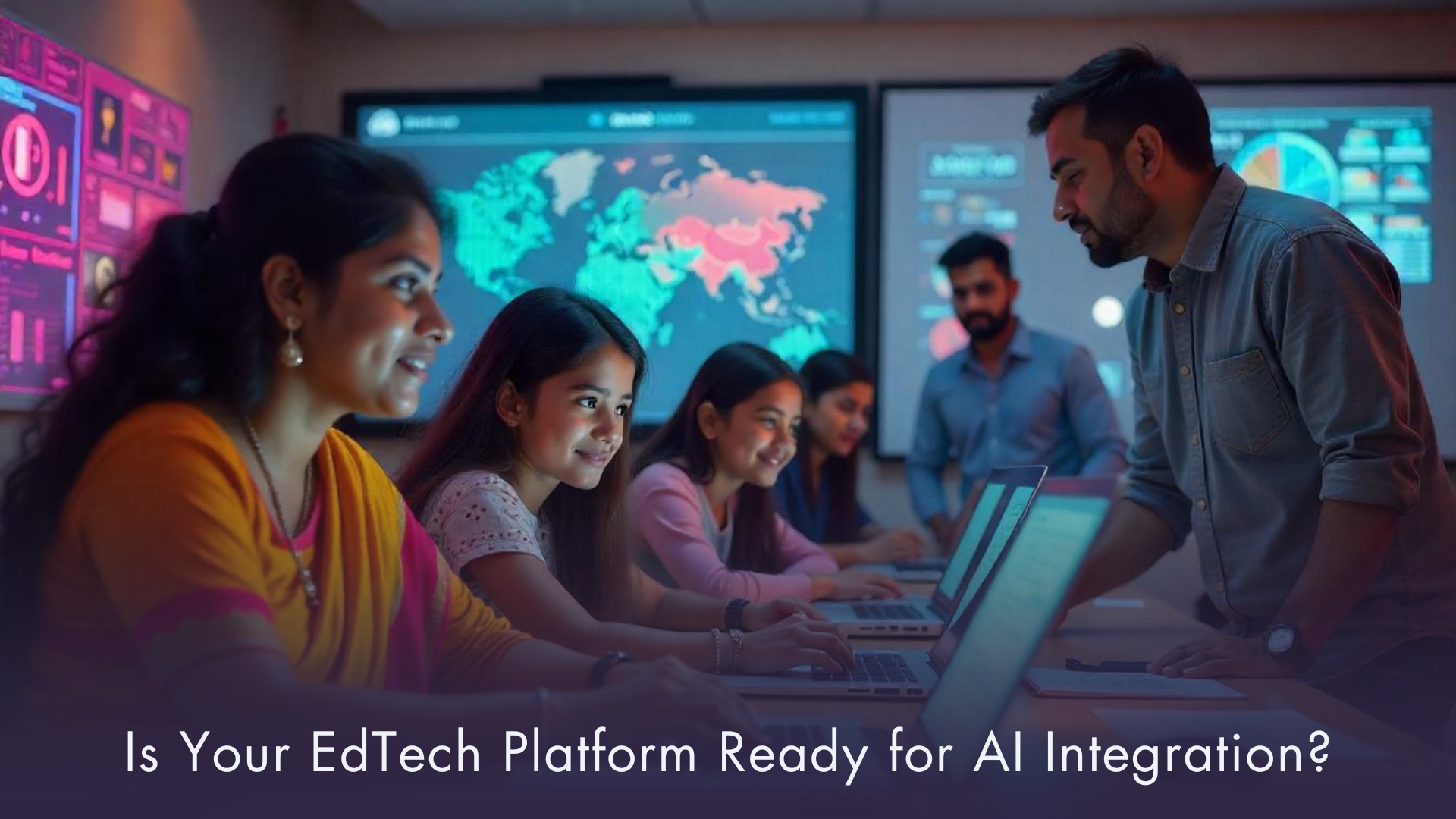
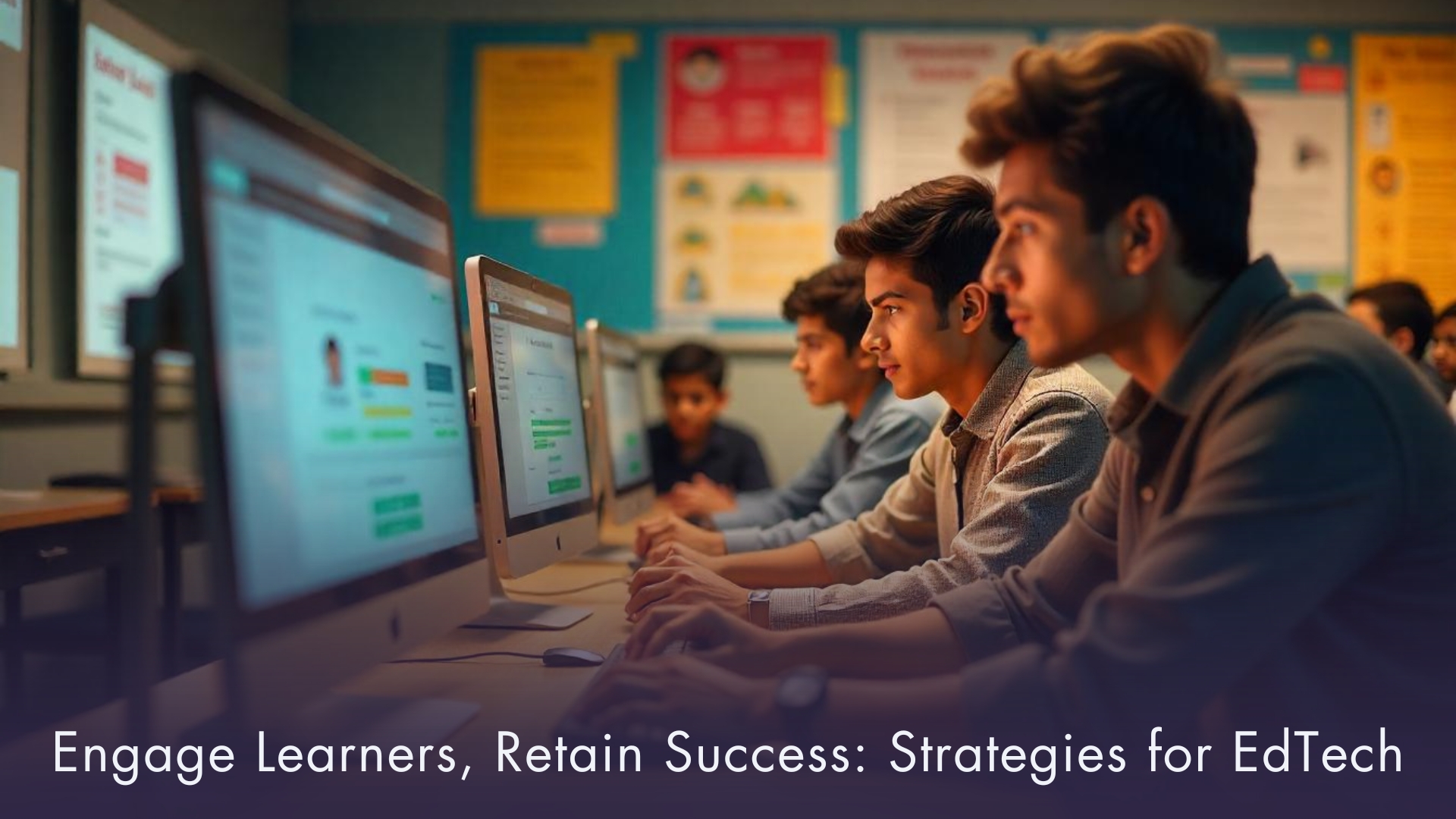

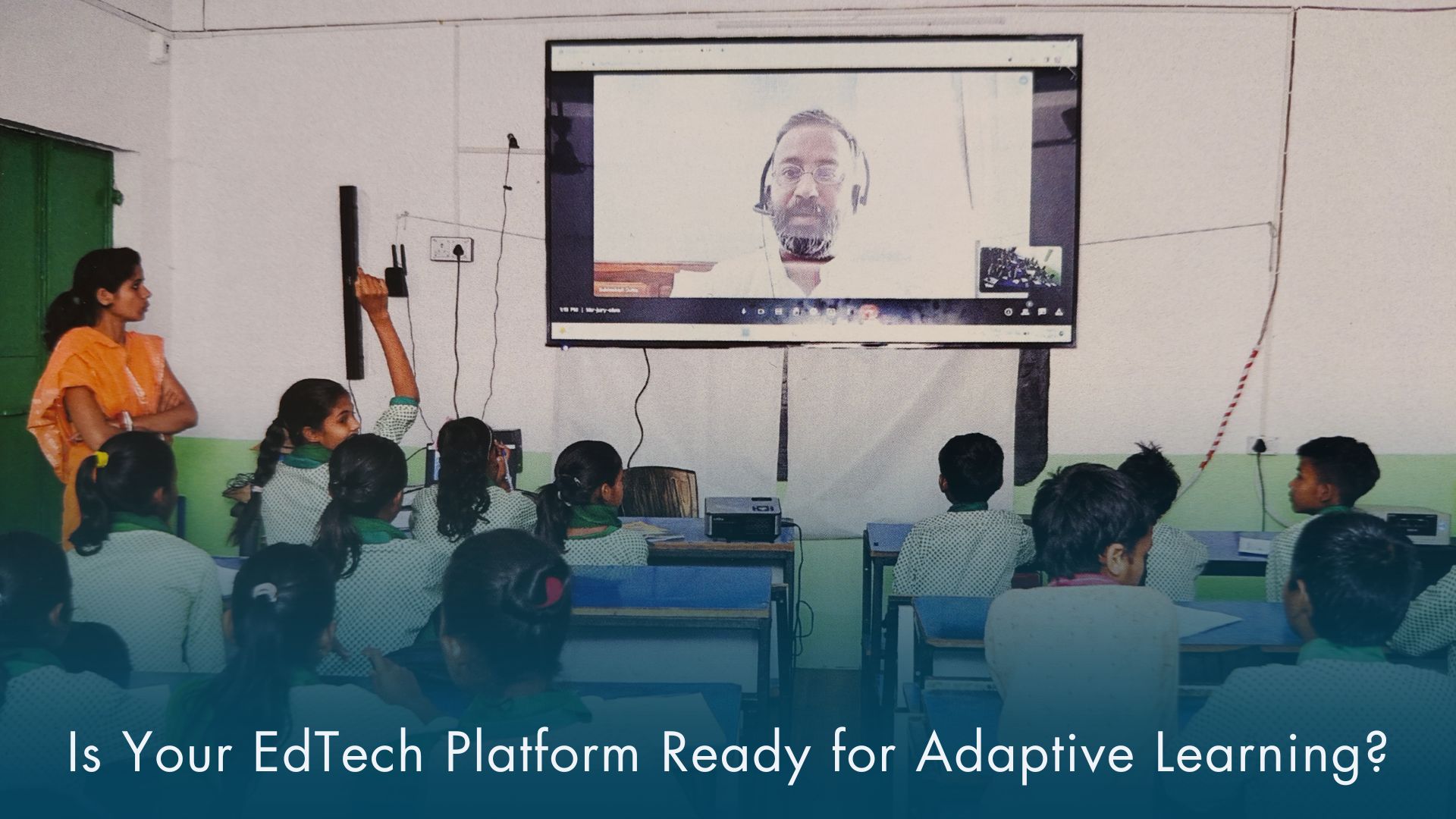

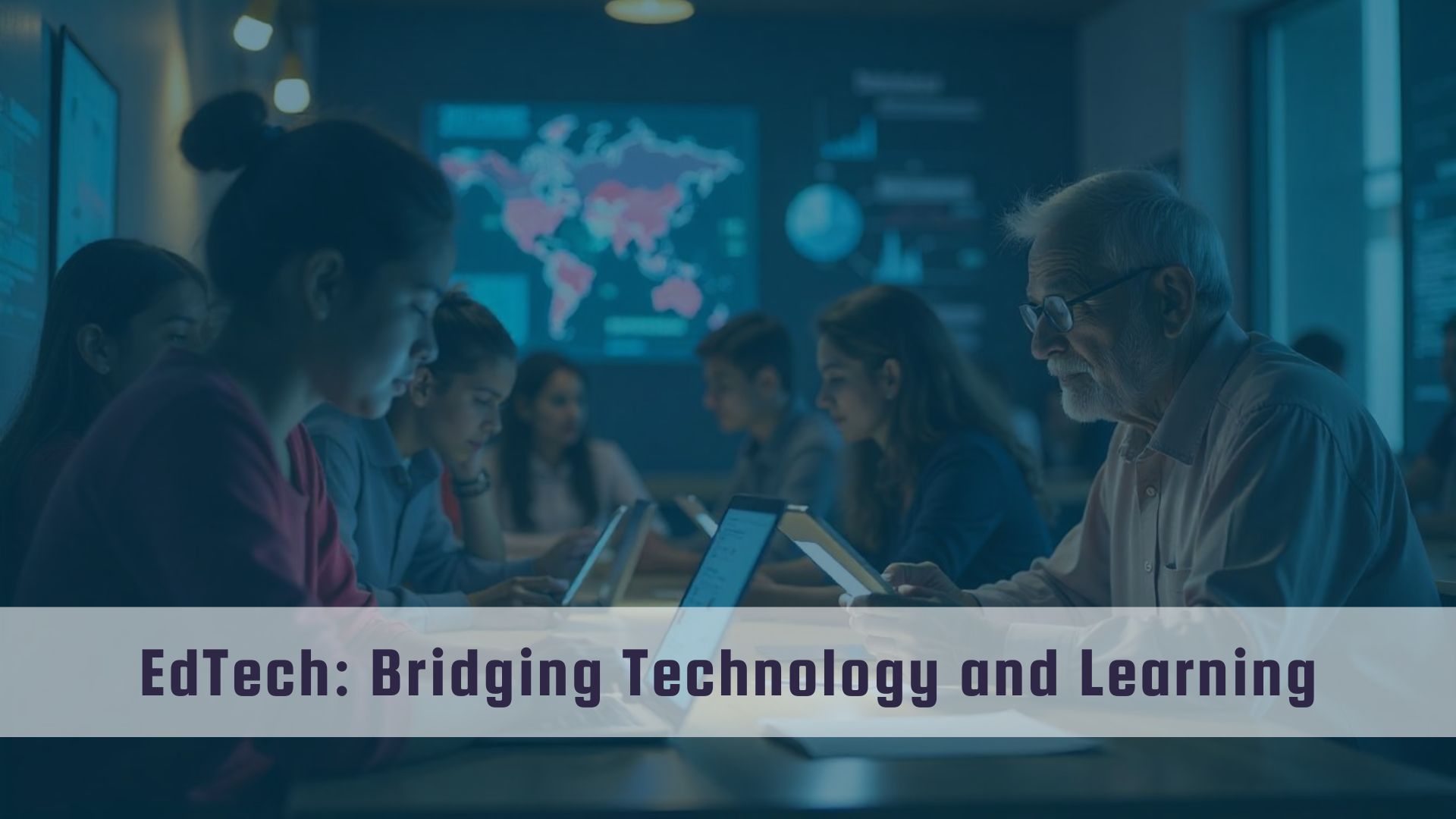
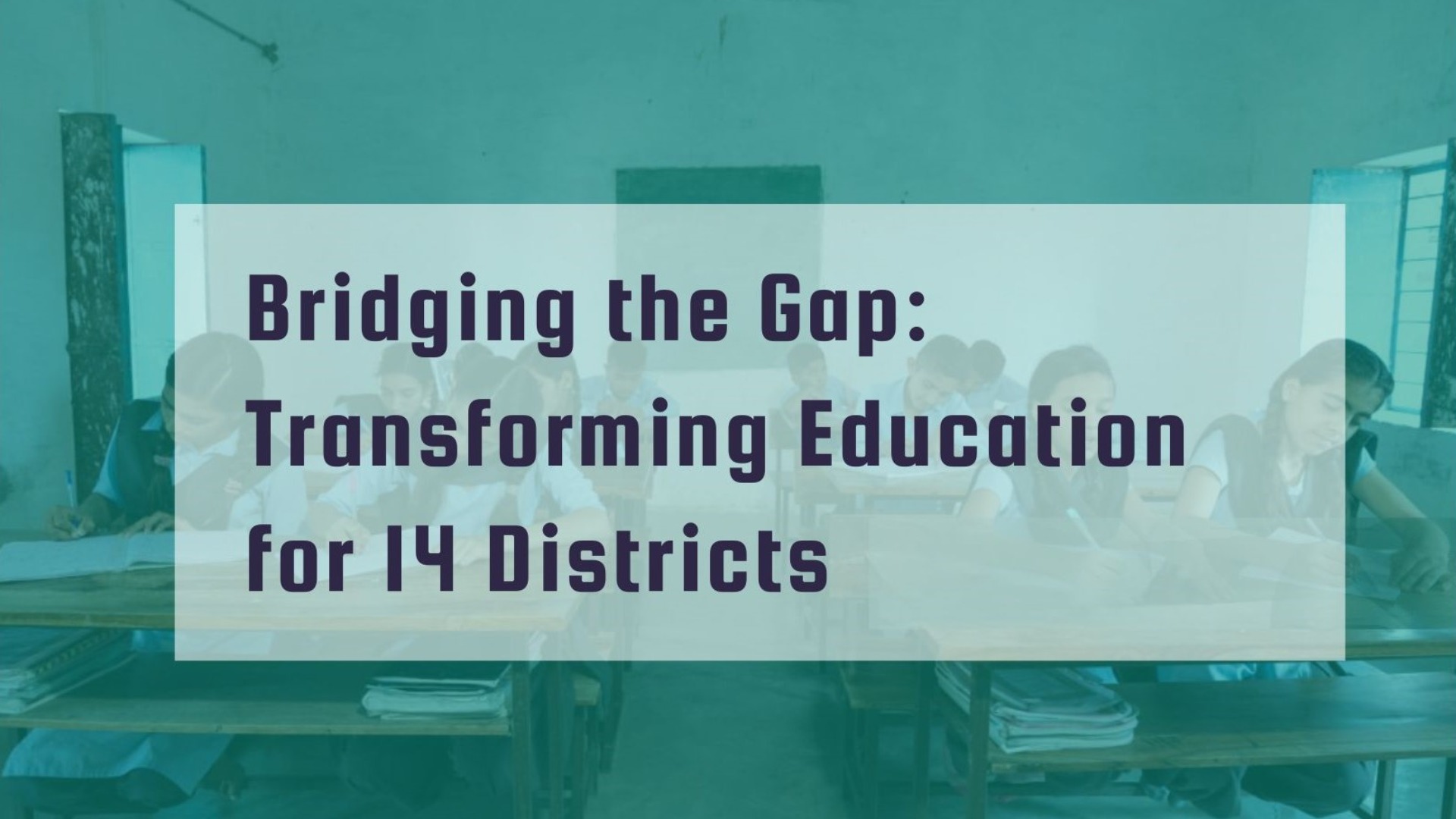
.jpg)
